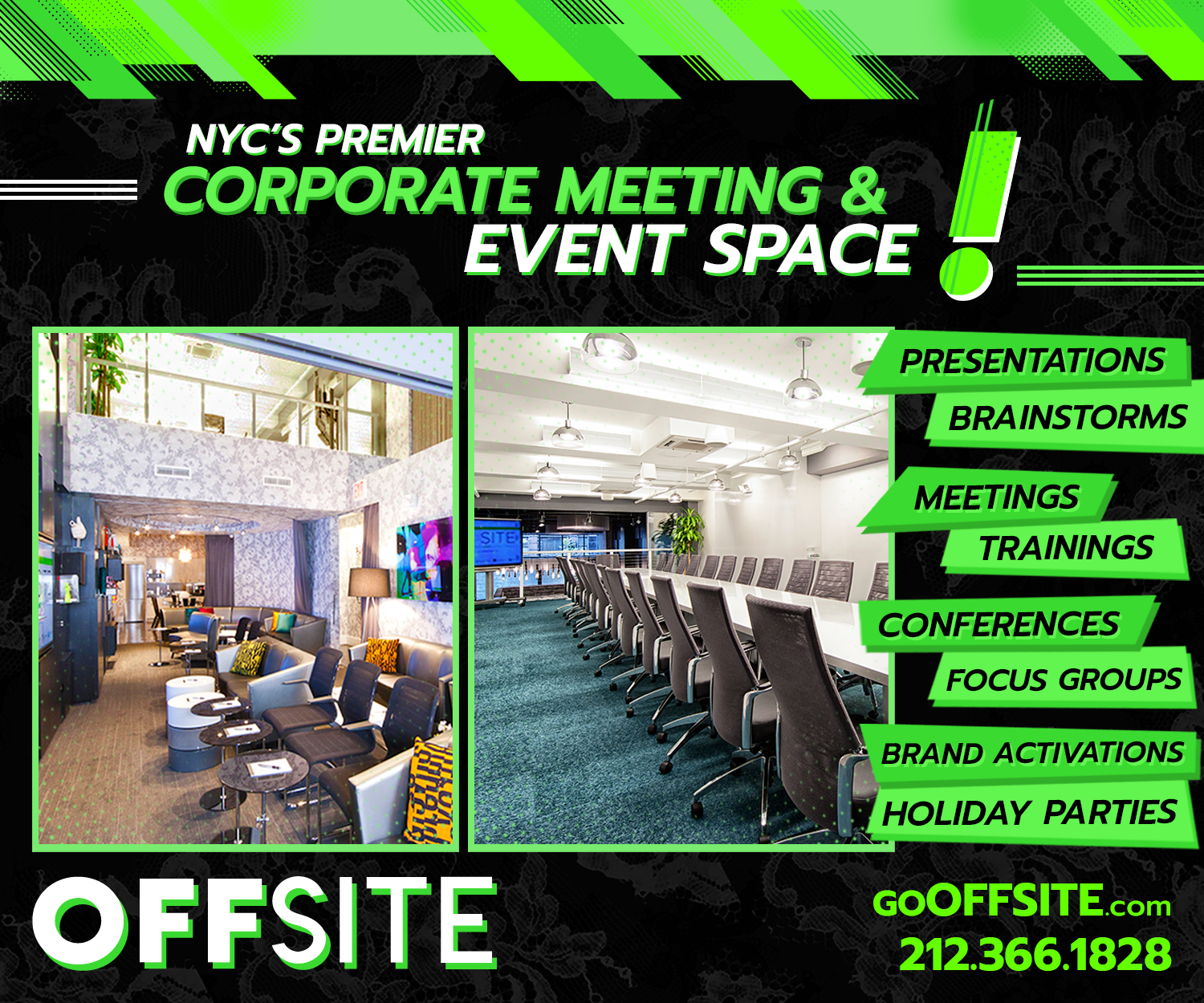The 2025 Rx and Illicit Drug Summit featured keynote addresses from Health and Human Services Secretary Robert F. Kennedy Jr. and Attorney General Pam Bondi this April in Nashville, Tenn. Such high-profile speakers come with the potential for a high reward—but also pose a high risk, especially given in today’s politicized climate.
In nearby Franklin, Tenn., Brandon Edmonson, the vice president and director of sales at Premiere Speakers Bureau, certainly took note of the event because of the high-profile guests.
While certain keynotes can be off-putting to audiences, Edmonson says there is not a hard-and-fast rule on whether going for a big name is worth the high risk involved.
“It really depends on the goals and the marketing efforts of a meeting,” Edmonson says. “Some meetings need to book a big speaker to get people to pay to come.”
But just like the fees involved, not all celebrity speakers are equal, so the ROI on the investment—be it money, marketing or general energy put into the effort of accommodating an A-, B0, or even C-lister—can vary.
Edmonson shares a few tips to consider before booking a big name:
Make Sure the Content Connects
With all due respect to University of Alabama fans, Nick Saban talking for half an hour about football would be a massive fumble at an event. But Saban is actually one of Edmonson’s preferred keynotes because that’s not what he actually spends his time on stage doing.
In fact, the former coach speaks to the needs of a specific audience. During his moderated fireside chats, Saban fields questions from the event organizer that are “very custom about the industry, whether it’s leadership or teamwork or his insight into getting the best out of people,” Edmonson says.
Actor Ashton Kutcher is another celebrity Edmonson recommends for his ability to adapt.
Stay Apolitical
Edmonson isn’t entirely against choosing an inherently political figure like Kennedy and Bondi, so long as those speakers know how to avoid potential conflicts. (Kennedy and Bondi do, per Edmonson.)
Brittany Marinovich, a third-party meeting planner at HMP Global who assisted with the Nashville conference, addressed the issue head-on when describing Kennedy’s address during a LinkedIn post: “Regardless of where you stand politically, there’s something powerful about hearing someone speak so openly about their journey through recovery and their dedication to fighting the opioid crisis,” she wrote. In this case, Kennedy talked about his relevant personal history without steering into more controversial topics such as his vaccination views.
Have a Backup Plan
One of the biggest risks when booking a big-name speaker is that your event could be at the mercy of a superseding contract if a conflict arises. Edmonson notes that this could be an issue with a journalist like Anderson Cooper, who risks being called on assignment. Similarly, an actor working as a speaker could have their film schedule changed. Jason Sudeikis, best known as Ted Lasso, raised eyebrows when he was spotted at a women’s basketball game last year after cancelling an appearance scheduled for the same time. “That was a really bad look for Jason,” Edmonson admits.
While there are times a replacement can be found at the last minute—Connect Marketplace landed gymnast Simone Biles in 2021 shortly after former First Lady Michelle Obama cancelled—the best piece of advice is to have a backup available who can deliver an inspirational message regardless of their fame.
Edmonson adds that it’s fairly common to strike a superseding clause from the contract of most mid-tier or emerging speakers.






